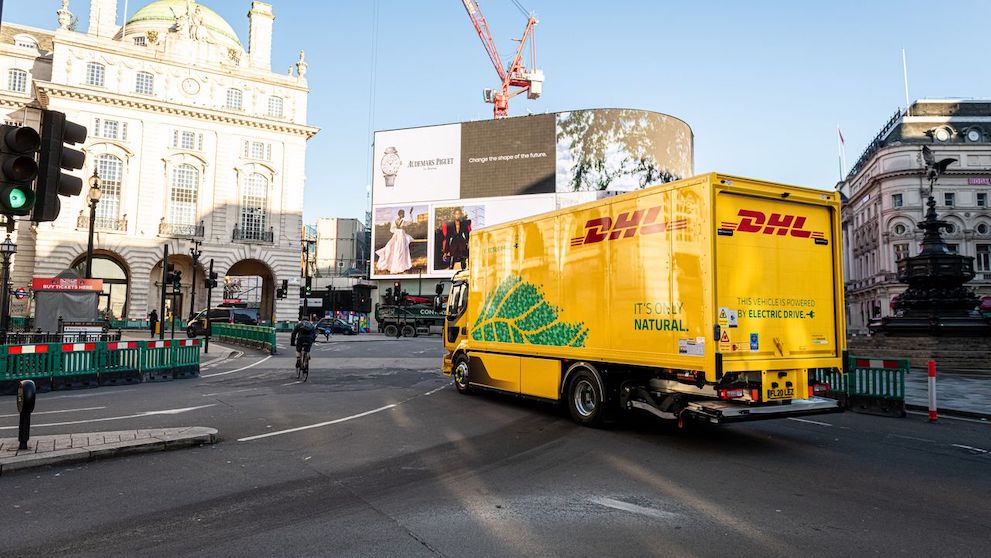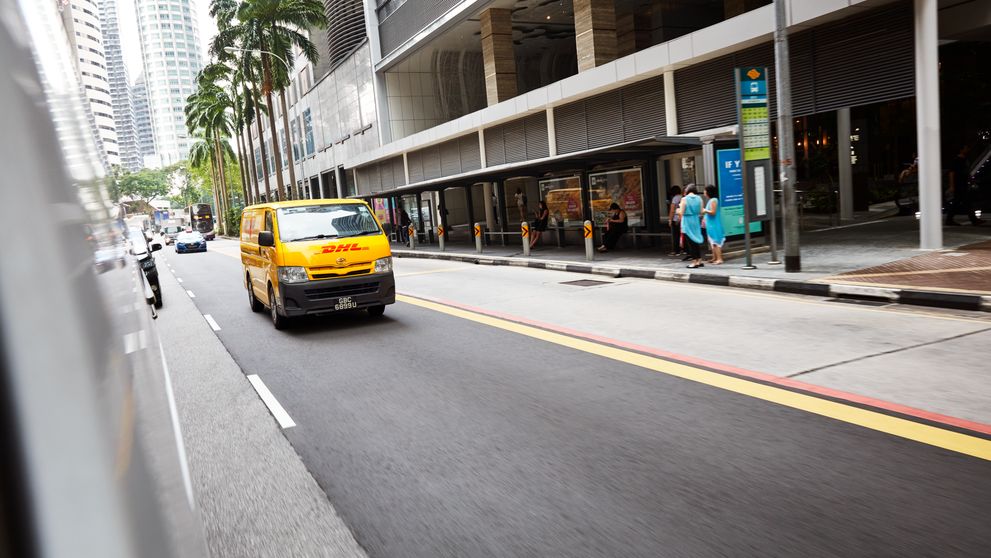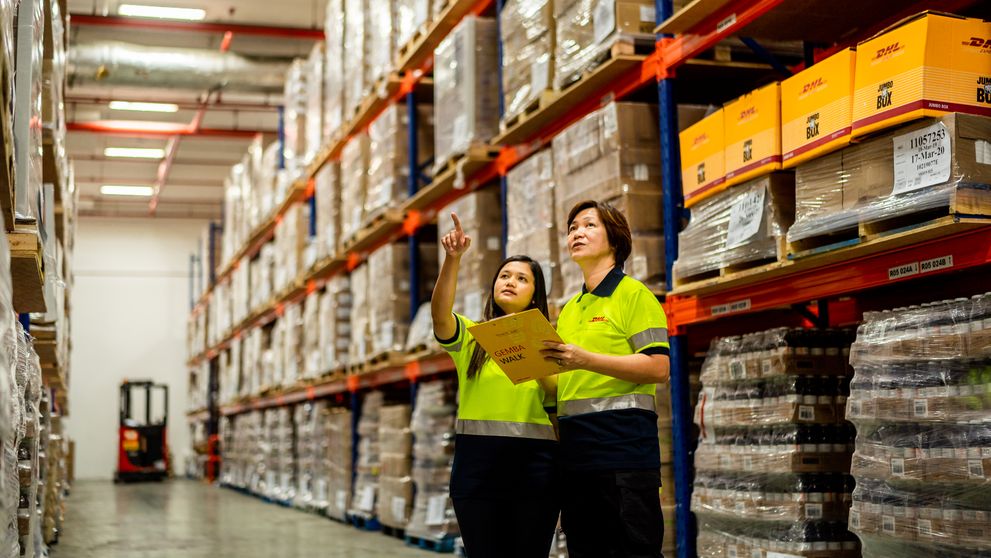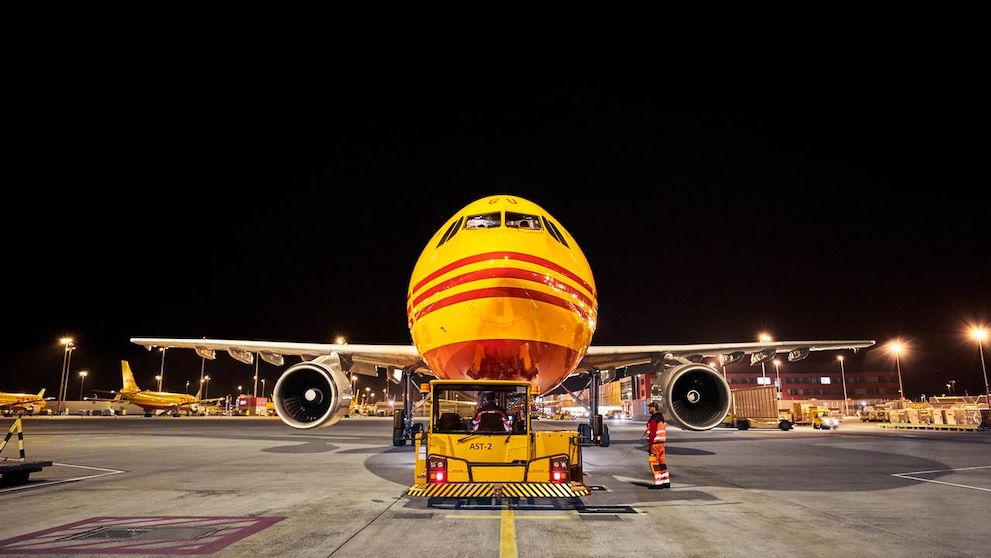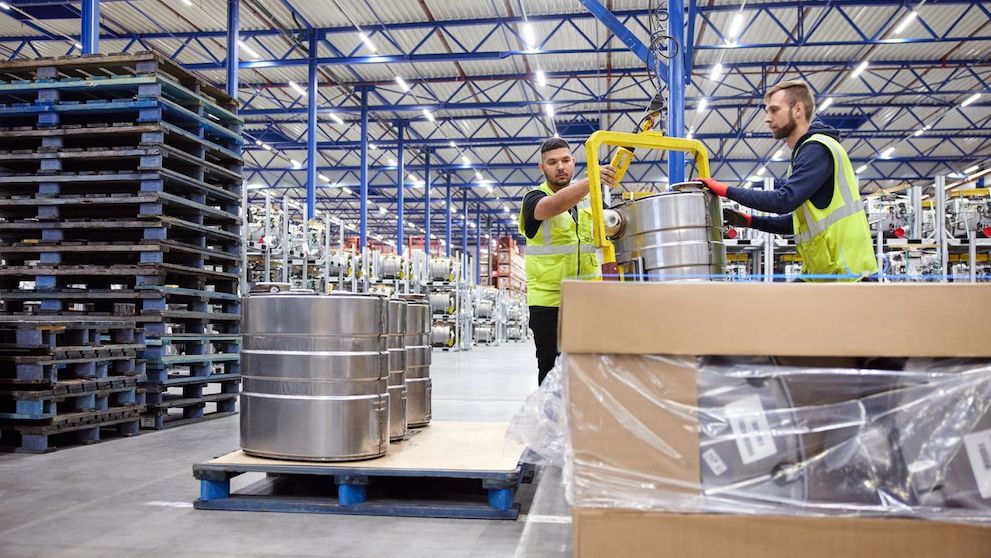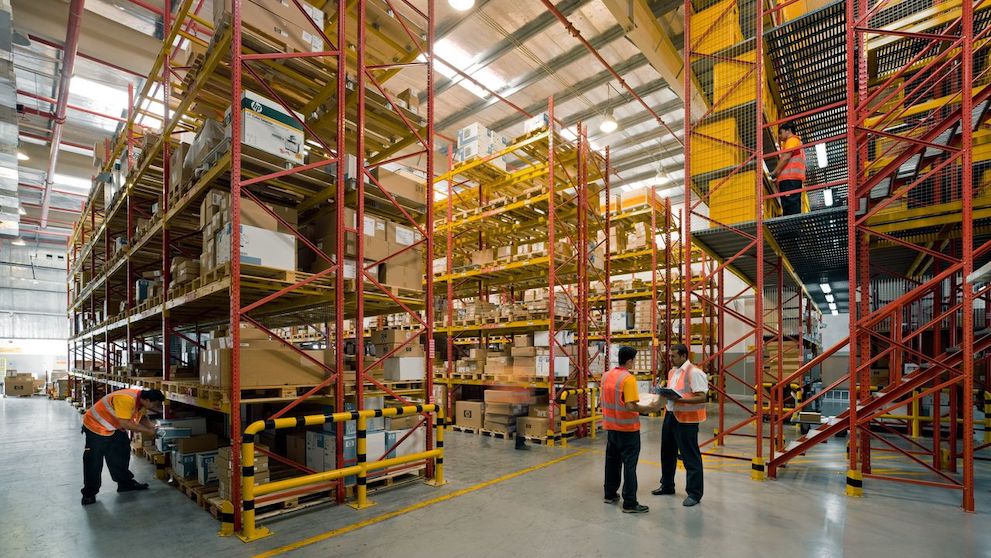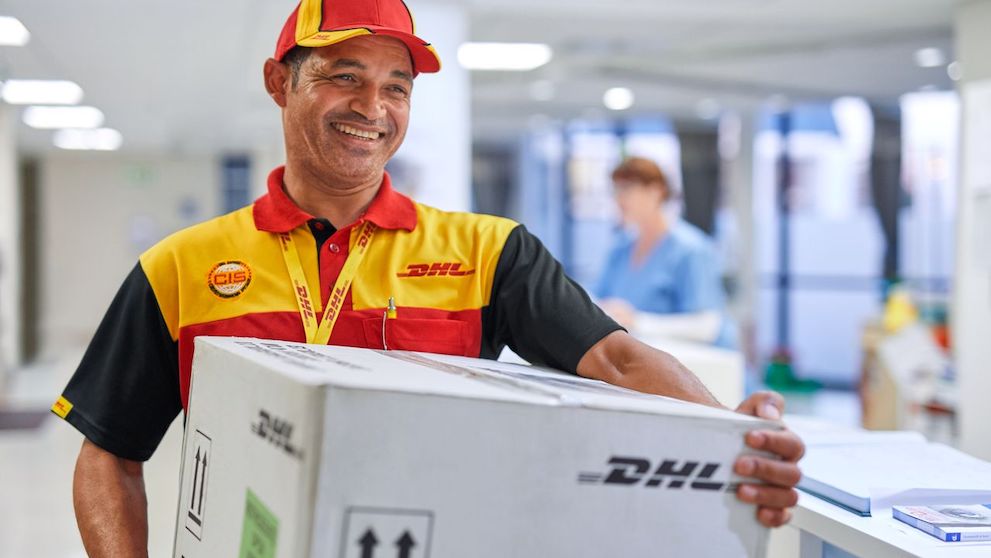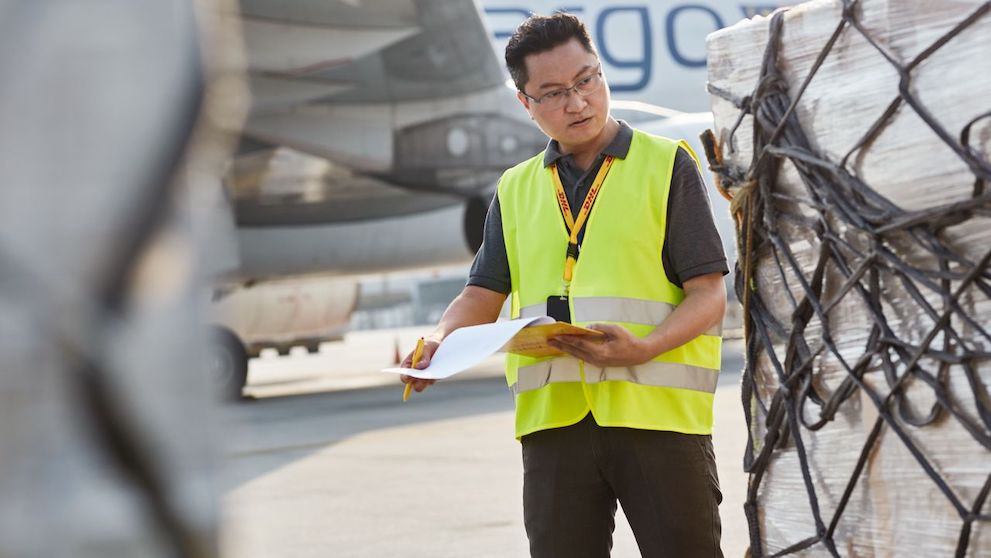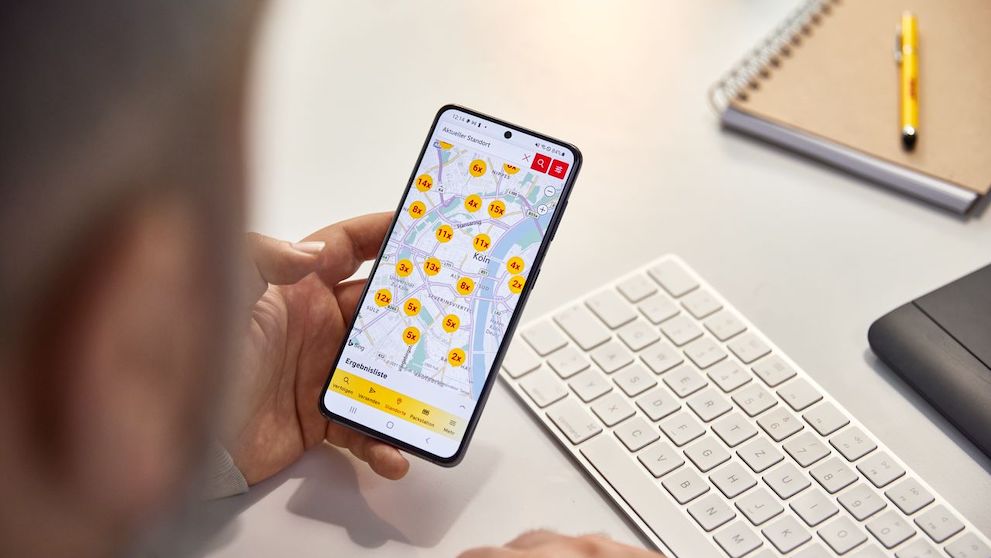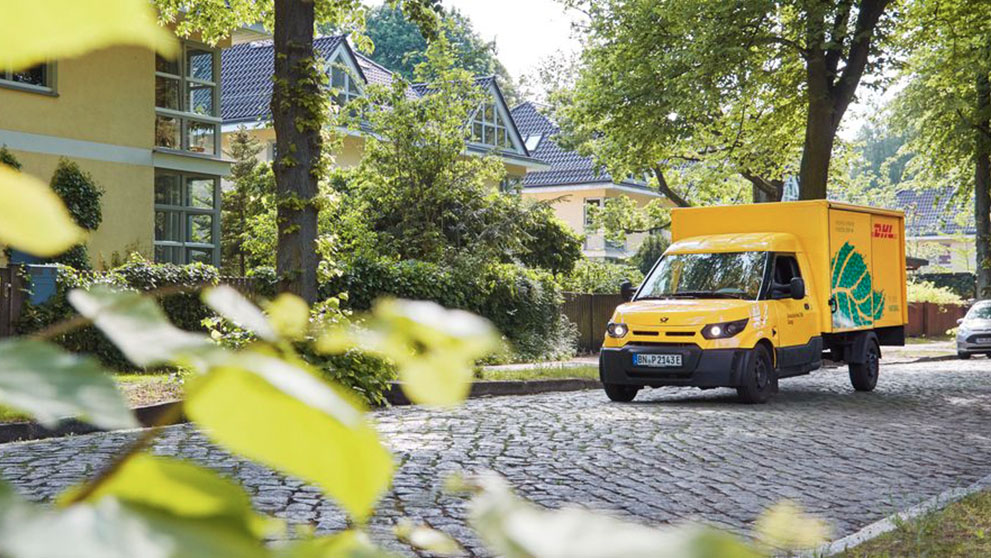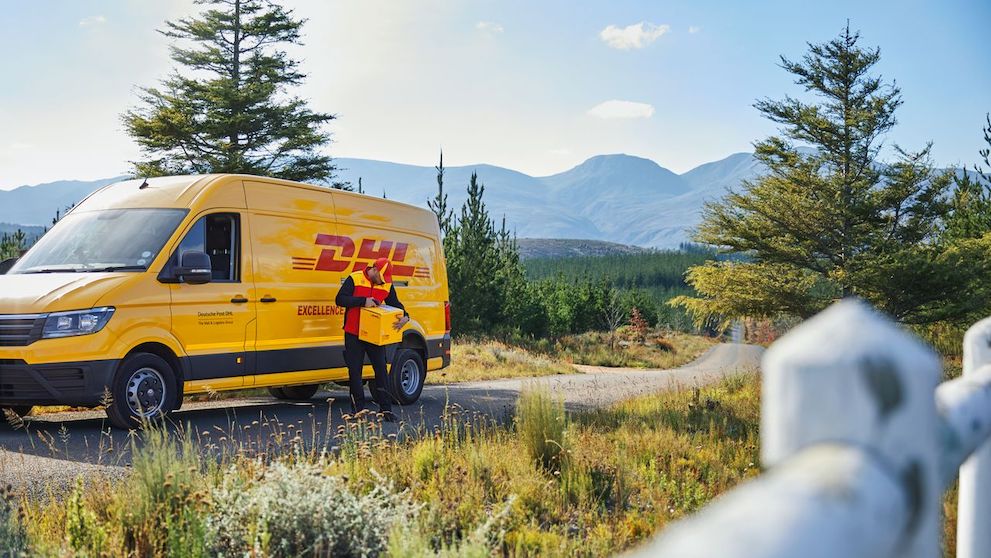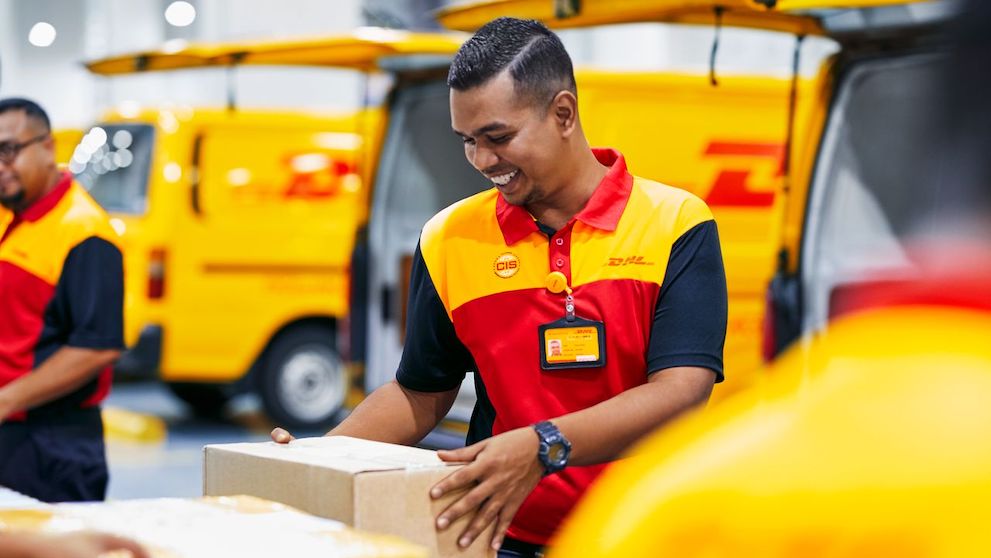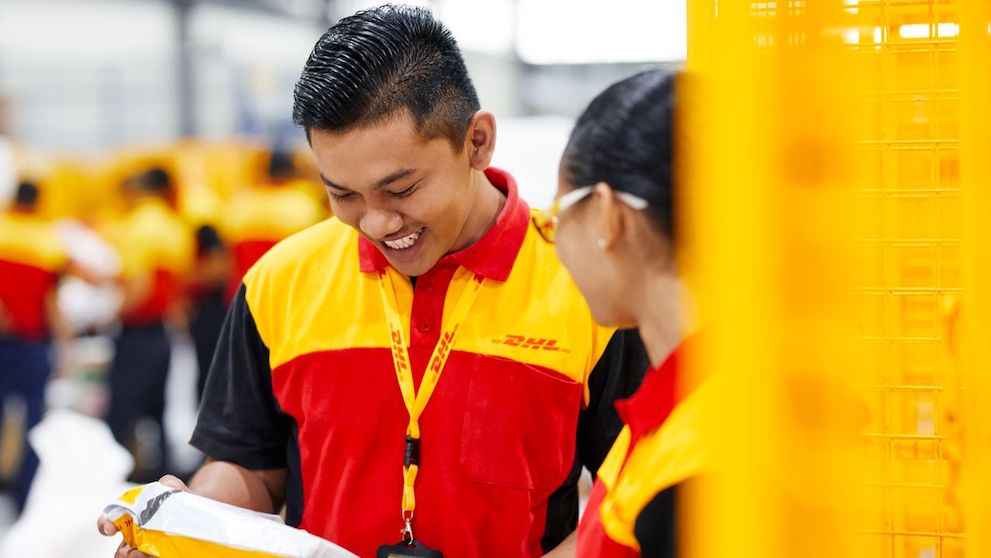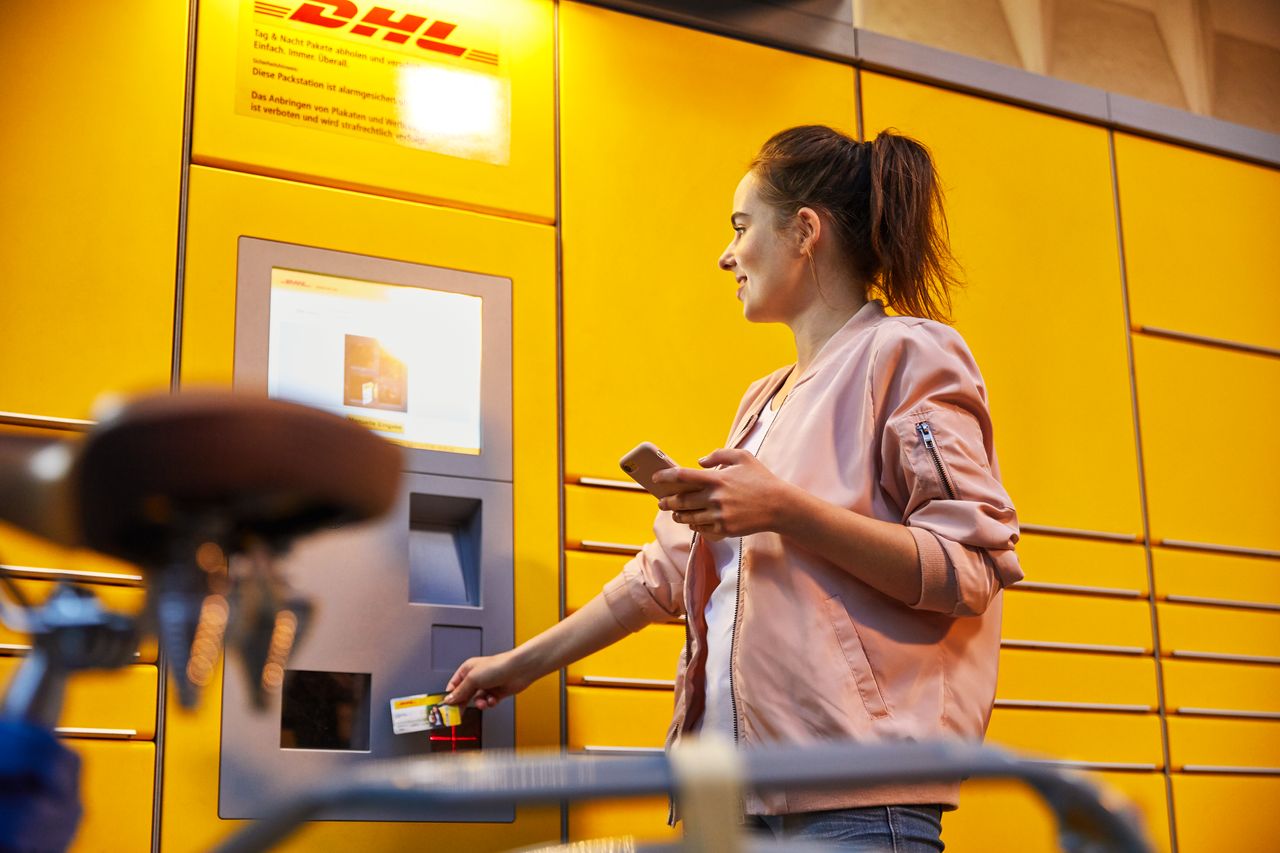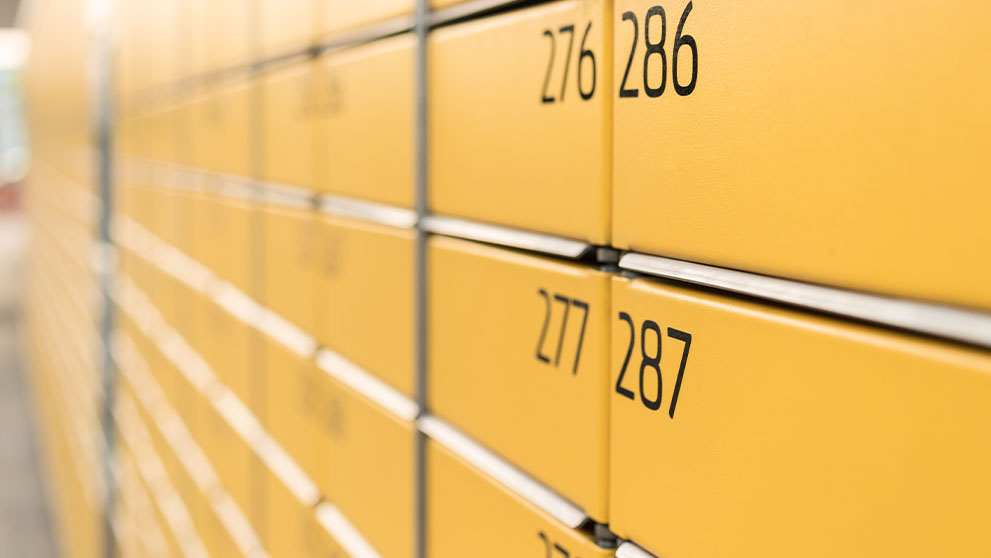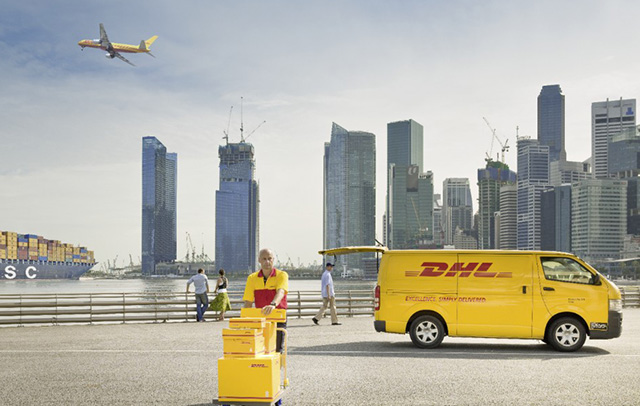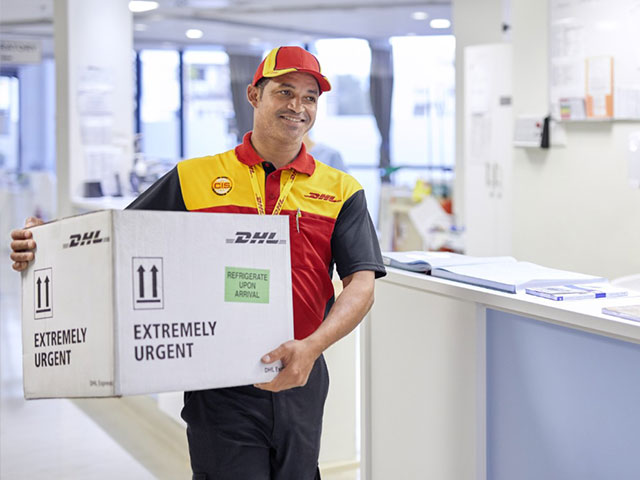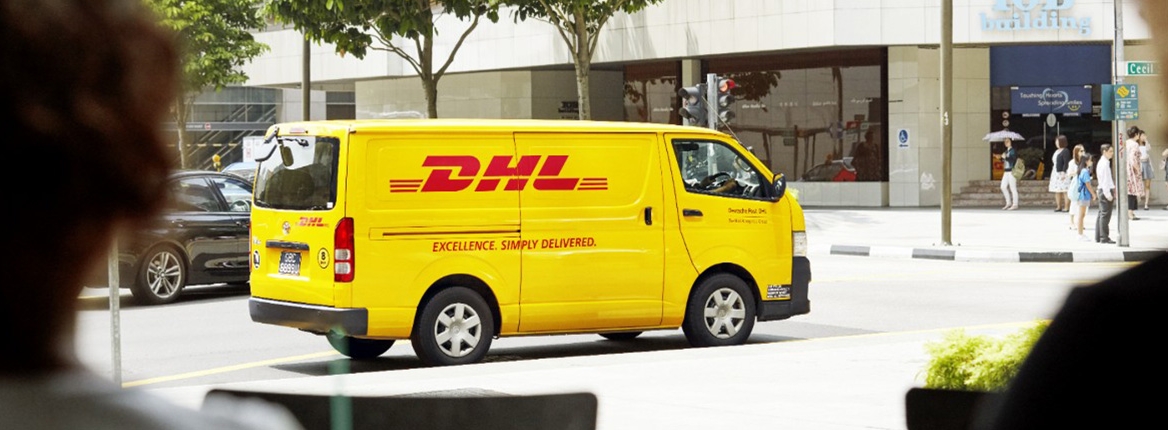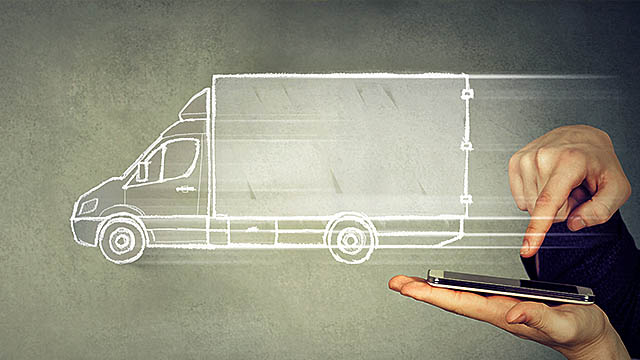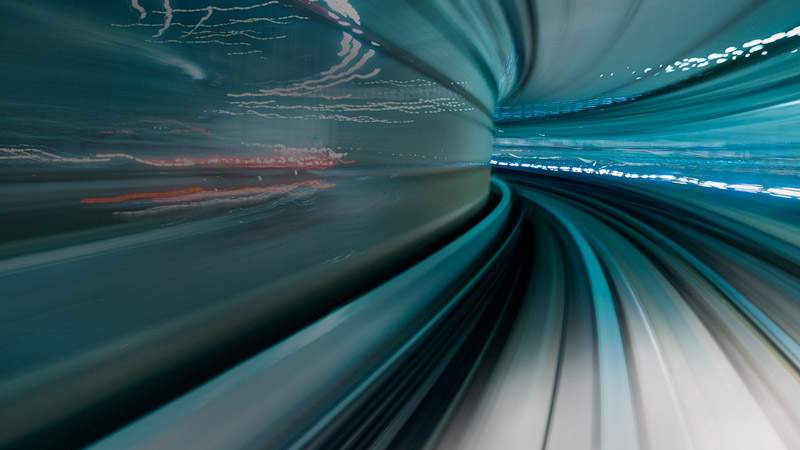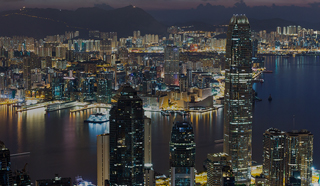The rapid advancement of technology, emergence of new business models and remarkable shifts in consumer behaviour have reshaped the logistics industry and the way that organisations conduct business. To maintain a competitive advantage, businesses must stay plugged in to the global market trends and leverage them. As a leader in the logistics industry, DHL Express has taken active steps towards digital transformation and implemented technological innovations to drive efficiency and productivity. Here are five emerging logistics and transportation trends that businesses should keep on their radar to stay competitive.
1. Autonomous vehicles
Autonomous vehicles are self-driving vehicles that can impact the logistics market by reducing manpower costs and delays. Delays frequently occur due to a bottleneck in the delivery process which existing teams may not be able to handle. Autonomous vehicles have route optimisation capabilities, which can increase productivity and fuel efficiency for couriers, and significantly shorten delivery times for businesses. To fulfil on-demand deliveries, DHL Express deploys autonomous mobile robots equipped with sensors and an AI-powered avoidance system, which allows them to navigate safely and efficiently to the destination. Automated Guided Vehicles (AGVs) are also deployed to ferry shipments safely and scale throughput capacity whenever necessary, preventing supply chain bottlenecks.
2. Artificial intelligence and big data analytics
Artificial intelligence (AI) and big data analytics are instrumental in making business processes more powerful and efficient. With machine learning algorithms, AI systems can uncover hidden trends and analyse data and patterns to derive insights. For example, predictive analytics allows businesses to anticipate future demand based on historical data, optimising inventory levels. With predictive analytics, logistics companies can also derive the fastest routes based on real-time conditions like traffic and weather, minimising costs and increasing efficiency.
Big data and predictive analytics have also enabled DHL Express to monitor shipment and flag issues in real time, allowing for the identification of alternative routes to ensure timely deliveries.
3. Electric drive technologies
With the adoption of new electric drive technologies, there has been increased use of electric or hybrid vehicles for both short and long-distance hauls. Apart from cutting back on carbon emissions, electric vehicles also require less maintenance than conventional vehicles, hence reducing the costs of upkeep and improving efficiency — significant advantages of green logistics.
As part of its plan to incorporate sustainable practices into delivery, DHL Express partnered with French automobile manufacturer Citroën to add six newly launched ë-Dispatch vans to its fleet. Powered by an all-electric, zero-emissions technology, these vehicles will help DHL Express achieve significant reductions in carbon emissions and keep costs sustainable for business owners.
4. E-commerce
The COVID-19 pandemic has changed the way that people shop, resulting in a rise in demand for last-mile delivery and return solutions. Increasingly, businesses are seeking out reliable, cost-effective logistics solutions, such as e-commerce delivery solutions by DHL Express. To offer more flexibility to its customers, DHL Express has set up an On-Demand Delivery (ODD) online portal, which offers six alternative delivery options and allows customers to schedule contactless deliveries at their own convenience. Customers can also manage their parcel returns digitally by obtaining a QR code online and minimising physical contact. 24/7 chatbots are also deployed to provide customers with real-time shipping updates and answers to commonly asked questions.
5. Sustainable logistics
With stricter emission regulations and corporate green initiatives, sustainable logistics is quickly becoming a priority for supply chains. The aim of sustainable logistics is to reduce the environmental impact of the entire supply chain, such as reducing carbon emissions, noise pollution, and accidents. Businesses are turning to sustainable logistics solutions, such as DHL’s GoGreen Solutions to optimise their environmental footprint.
From setting up an On-Demand Delivery (ODD) Online Portal for flexibility in delivery options to route optimisation for faster deliveries, DHL Express has taken up numerous digital transformation projects over the years to meet consumer demand and create value for its customers. Additionally, DHL’s GoGreen Solutions help businesses adopt sustainable business practices while staying profitable. Find out how DHL Express can help your business achieve greater efficiency while leaving a positive impact on the environment today.
